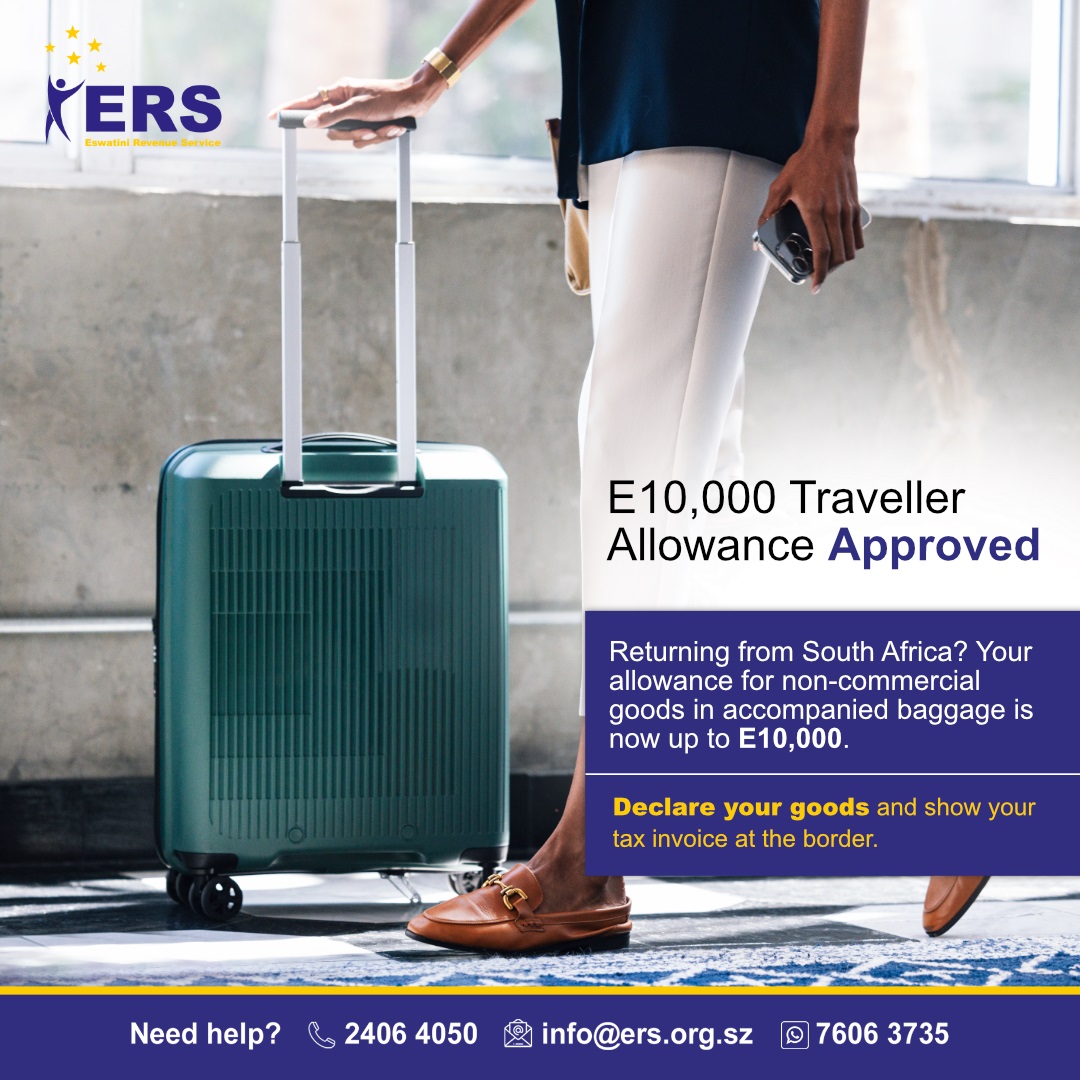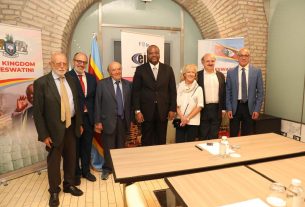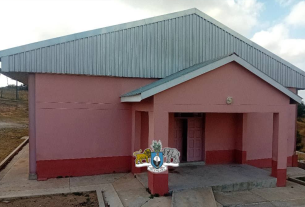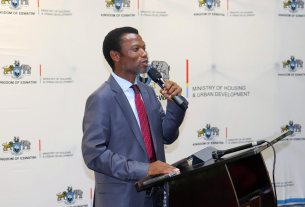BY MBONGENI NDLELA
SINGAPORE – The kingdom of Eswatini has opened doors to Singapore companies to help the country develop a US$1.2 (E19.1 billion) integrated power project.
His Majesty King Mswati III, and a delegation comprising of ministers, is in Singapore until Saturday to showcase and promote investment opportunities available in Eswatini.
On Tuesday, the delegation attended an event jointly organised by the Singapore Business Federation (SBF) and Enterprise Singapore to promote trade and investment collaboration between Singapore and Eswatini.
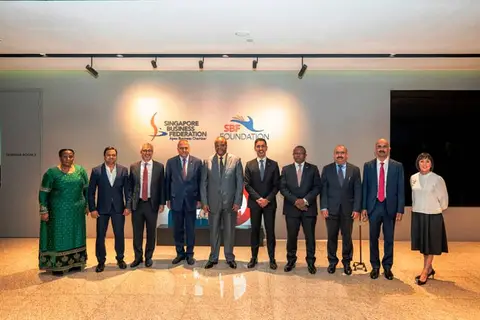
The power plant was communicated during this business meeting.
According to Singapore publication, The Straits Times, the aim is to produce up to 300MW of electricity to meet domestic demand by 2025, Minister of Commerce, Industry and Trade, Senator Manqoba Khumalo, said on Tuesday (June 28).
At a media briefing, the minister stated that Eswatini currently imports about 65 per cent of its energy requirements from South Africa via an agreement that is set to expire in 2025.
“The agreement lapses in 2025, and they (South Africa) do not have enough energy of their own, so we need to find a solution for about 200MW by 2025,” he said.
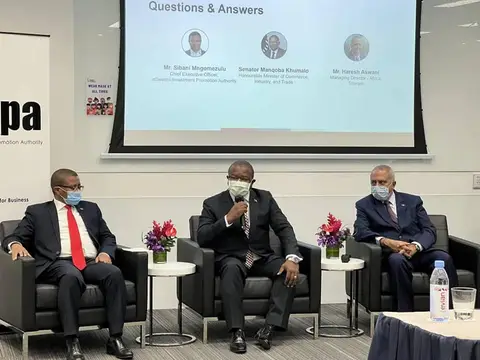
Khumalo stated that the additional capacity of 100MW will factor in expanding requirements in the future as the country grows its economy.
He said Eswatini will be looking at an integrated solution that could include fossil fuels and renewables.
Currently, Eswatini produces 35 per cent of its electricity from hydropower, Khumalo told Singapore media.
Meanwhile, His Majesty King Mswati III, in a keynote address at the event held at the SBF Centre in Shenton Way, lauded Singapore’s development into a First World nation in spite of its humble beginnings.
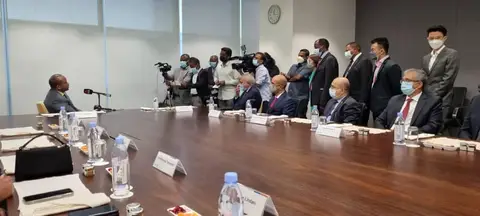
The nation is a model for other emerging economies to aspire towards, the King said.
He noted that like Singapore, Eswatini, could serve as a launching pad for investors from not just Singapore, but also Asia.
The King added that companies can tap Eswatini to access the vast opportunities in the African region, specifically highlighting the African Continental Free Trade Area (AfCFTA).
African countries began trading under AfCFTA at the start of 2021. Backers say it will boost intra-African trade, and the World Bank estimates that it could lift tens of millions of people out of poverty by 2035.
“The Kingdom of Eswatini continues to position herself as a production hub in the region to take advantage of the ever-widening strategic markets for our goods in the trading bloc we are actively part of,” said the King.
He also highlighted the investments made in the country by Singapore-headquartered company Tolaram.
The family-owned conglomerate opened a state-of-the-art US$34 million noodle manufacturing facility in Eswatini last year and currently employs 220 people there.
Mr Haresh Aswani, managing director of Tolaram’s business in Africa, said the company had started looking at Eswatini in late 2018 as a potential site for its second instant noodles factory in partnership with multinational food manufacturer Kellogg.
“Prior to Eswatini, we had already established a facility with Kellogg in Egypt. The support we received from the Eswatini government was fantastic. Their frameworks are easy to navigate, and generous incentives are provided to encourage investments in the country.”
Since 1948, Tolaram has transformed from a single retail shop in Malang, Indonesia, to a business that reaches more than one billion customers across Asia, Africa, Europe and South America.
It is Africa’s largest consumer goods company, with leading brands in packaged food and personal and household care.
The chief executive of the Eswatini Investment Promotion Authority, Mr Sibani Mngomezulu, said that the country would be looking to attract more investments such as those made by Tolaram.
He added that the success of the partnership should serve as an example of the country’s vast potential.





